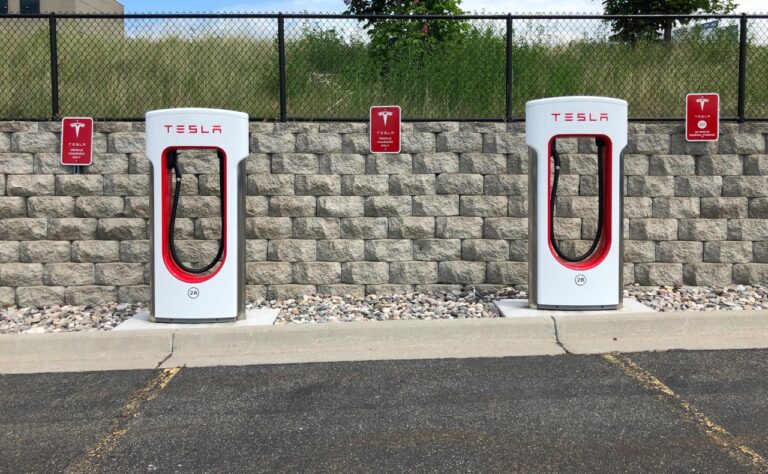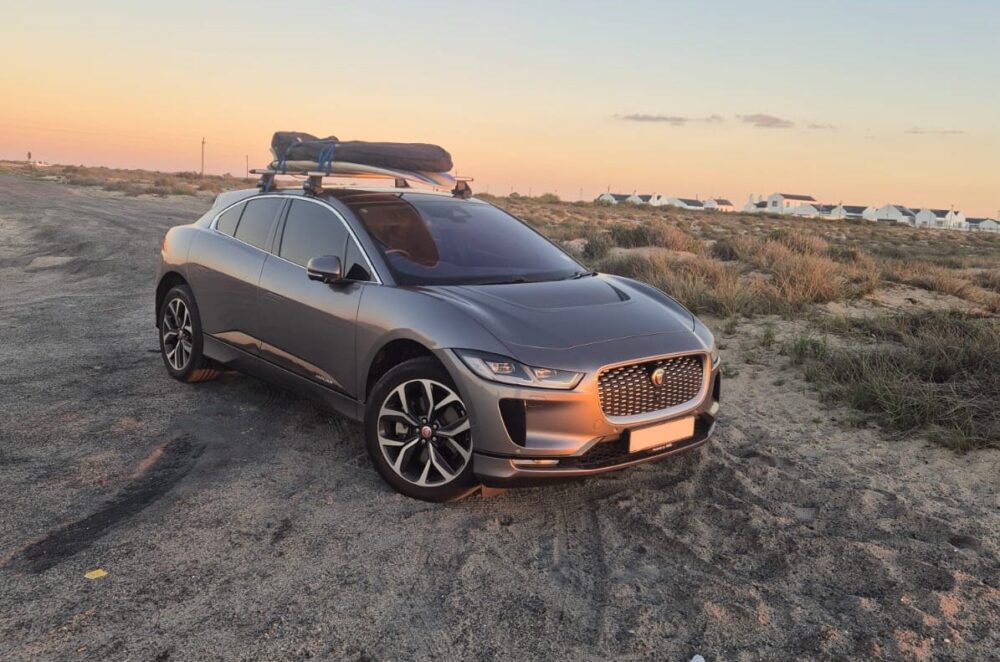Travelers in South Africa are becoming more aware of the impact of their trips and are looking for ways to cut down on greenhouse gas emission. Alternatives like carsharing, renting electric vehicles (EVs) and E-bikes are becoming popular eco-friendly choices.
If you’re planning a trip and considering an EV, you might be wondering what to expect in South Africa.
Or maybe you’re thinking of buying one and want to test it first. In this guide, we’ll explore what it’s like to rent an EV and how it compares with a gas-powered car.
Table of content
Costs
Rental prices
EVs usually come with a slightly higher daily rental rate since the cars themselves are more expensive. But over time, they’re cheaper to run, fueling a gas car costs up to five times recharging an EV.
Maintainance
EVs have fewer moving parts, which means fewer breakdowns and lower maintenance costs. They don’t need oil changes, and their regenerative braking reduces wear on the brakes by turning kinetic energy back into stored power.
Environmental impact

Carbon Emissions
EVs produce zero tailpipe emissions, which helps cut air pollution. But the overall benefit depends on where the electricity comes from.
In South Africa, coal still powers much of the grid, so the emissions savings are smaller than in countries with cleaner energy sources.
Energy Consumption
EVs use energy more efficiently than gas cars, converting more of their power into actual movement.
Regenerative braking also captures energy when you slow down and stores it in the battery, making each drive a little more efficient.
EV infrastructure and accessibility

EV Charging Station
Charging stations in South Africa are still very few, especially outside major cities. Range anxiety is real.
The good news is that the charging network is expanding quickly and is expected to grow even faster over the next year or two.
For now, you’ll need to plan routes carefully and always know where the nearest charging point is.
Charging could be slow
If you’re used to a gas car, where refueling takes just a few minutes, charging electric vehicles can feel slow.
Depending on the car and charger, it can take anywhere from 30 to 90 minutes. Fast-charging stations are being built, but for now, you’ll need to factor charging time into long trips.
You can charge at home but can’t charge fully
You can charge an EV at home, but without a dedicated charging unit, you’ll rely on a standard wall outlet. That option is very slow and could take days for a full charge.
Living with an EV
Driving experience

EVs offer a smooth, quiet ride with instant acceleration. It can take a little time to adjust, though.
The lack of engine noise feels unusual at first, and regenerative braking, where the car slows as soon as you lift your foot off the pedal, has been said to cause motion sickness for some drivers.
Convenience and Comfort
Most EVs come packed with modern features and tech, making them comfortable and fun to drive.
The main trade-off is planning around charging stops, which can make longer trips less convenient.
Pros and Cons Summary
Electric Vehicles
- Pros: Lower operating costs, reduced environmental impact, modern features, slow charging, fewer charging stations.
- Cons: Higher rental prices, limited charging infrastructure, range anxiety.
Gasoline Vehicles
- Pros: Easy to find, quick refueling, lower rental prices.
- Cons: Higher running costs, more emissions, fewer modern features.
What is the right choice for your trip?
Short City Trips
For short drives within the city, an EV is often the best option. It’s cost-effective and convenient, especially if you can charge at home or have access to nearby stations.
Long Road Trips
For extended journeys, especially into rural areas, a gas car may still be more reliable because charging points are limited.
That said, long trips in an EV are possible if you choose a model with good range and plan your stops around charging facilities.
Eco-Conscious Travelers
If reducing your carbon footprint matters most, renting an EV is a great way to align your values with your adventures.
Want more stories like this?








